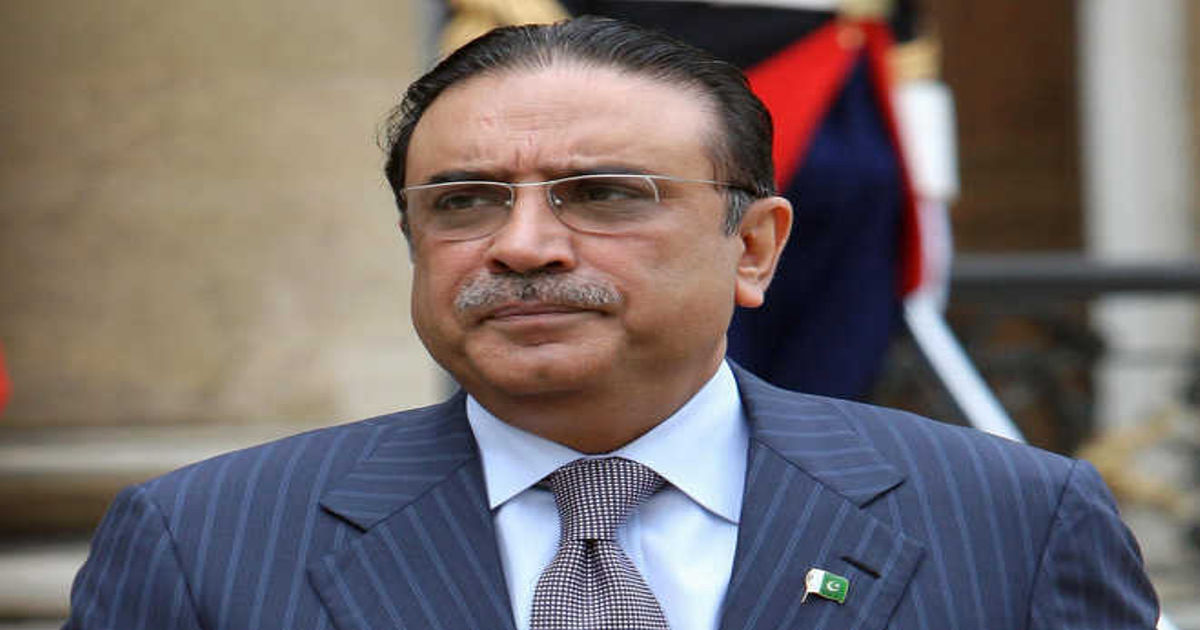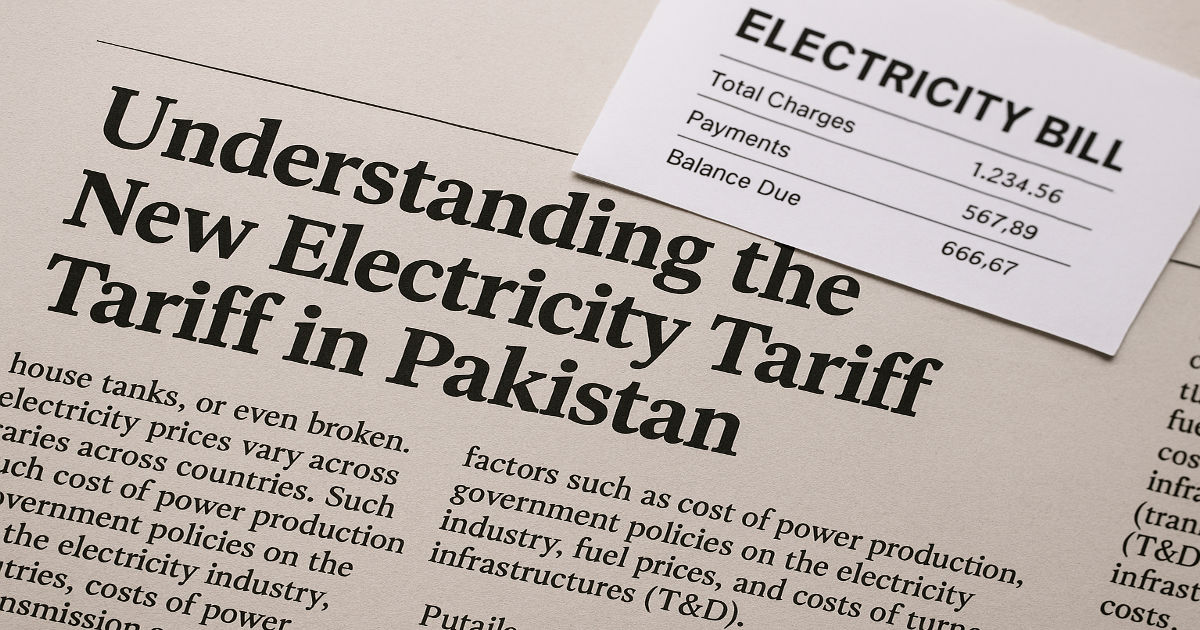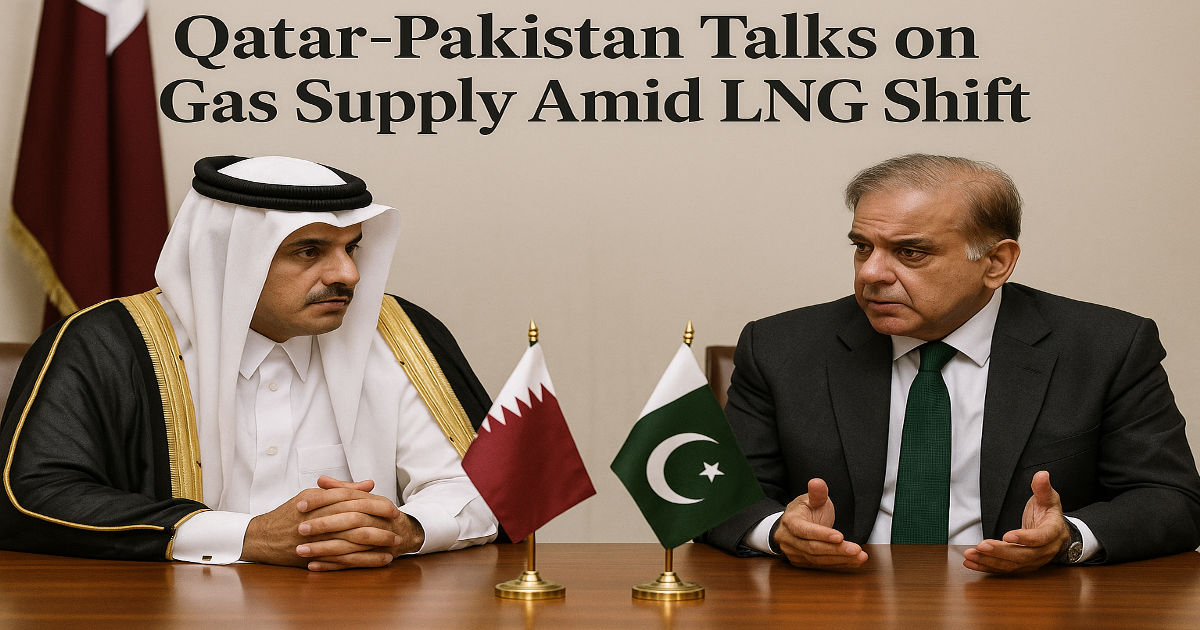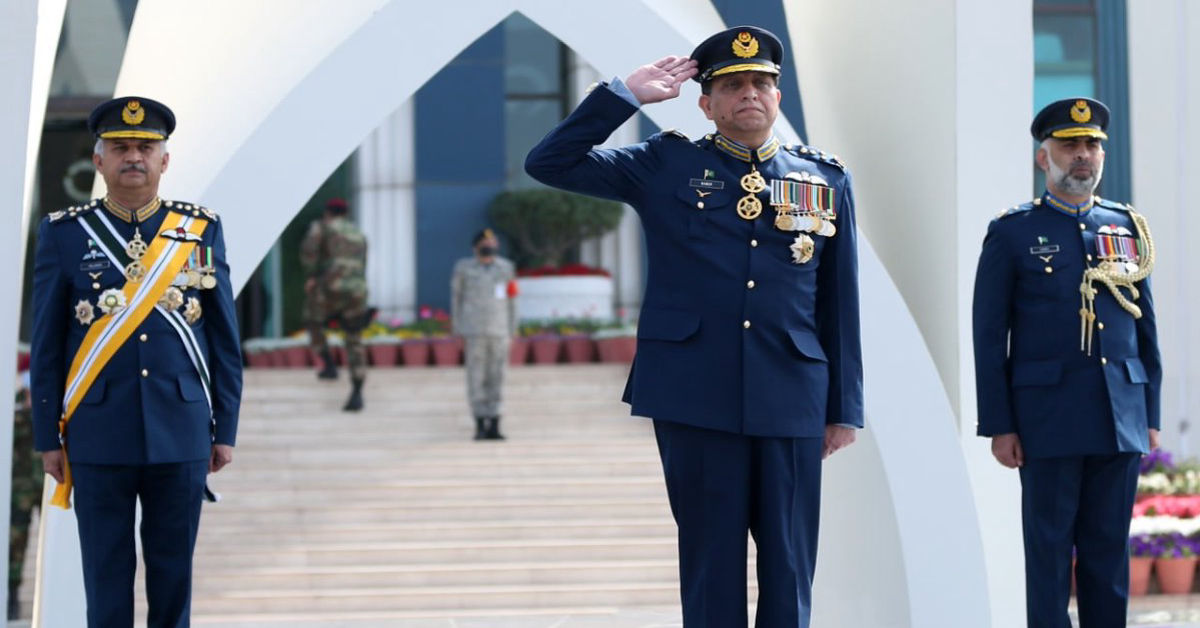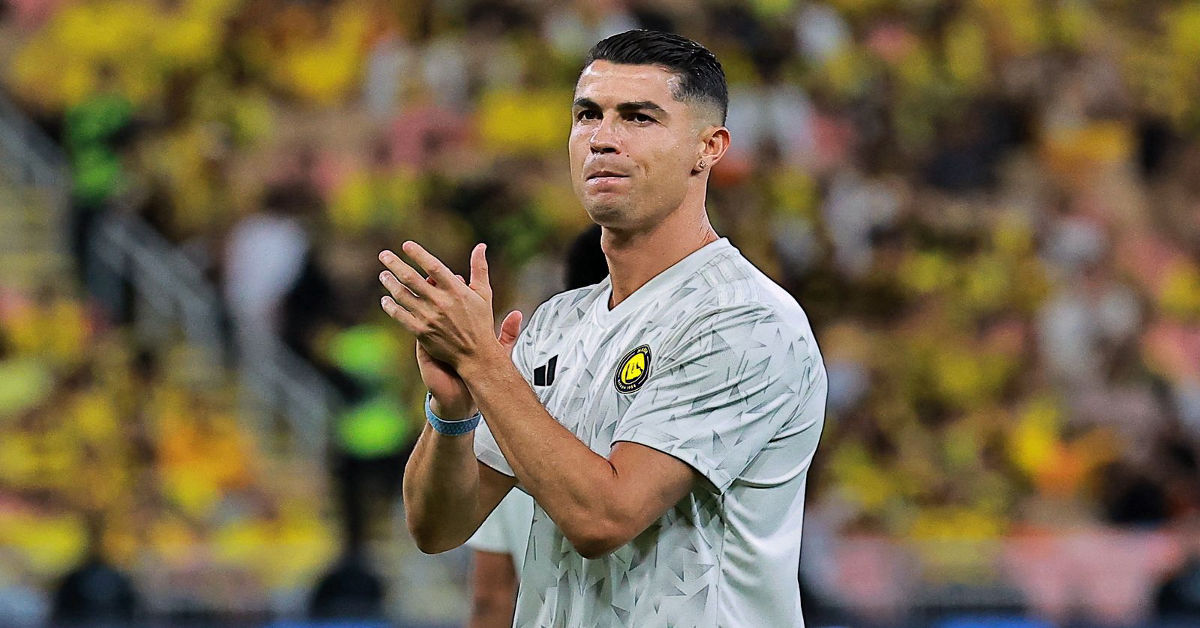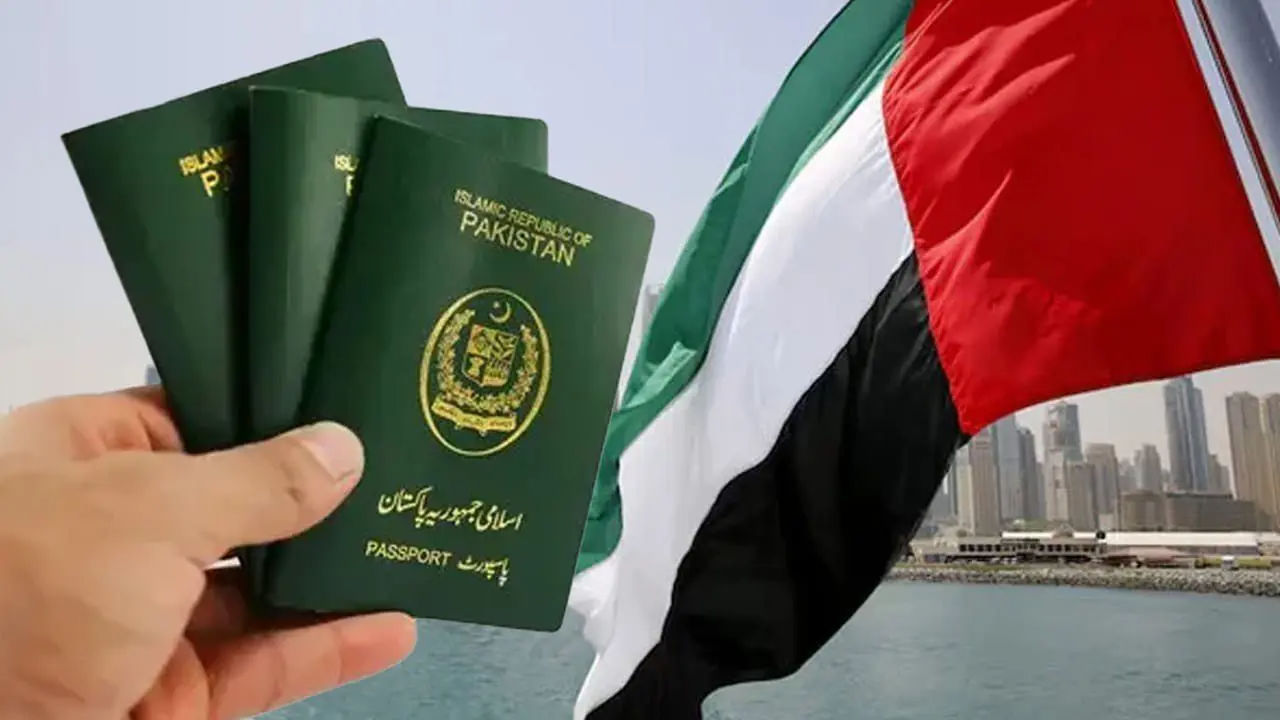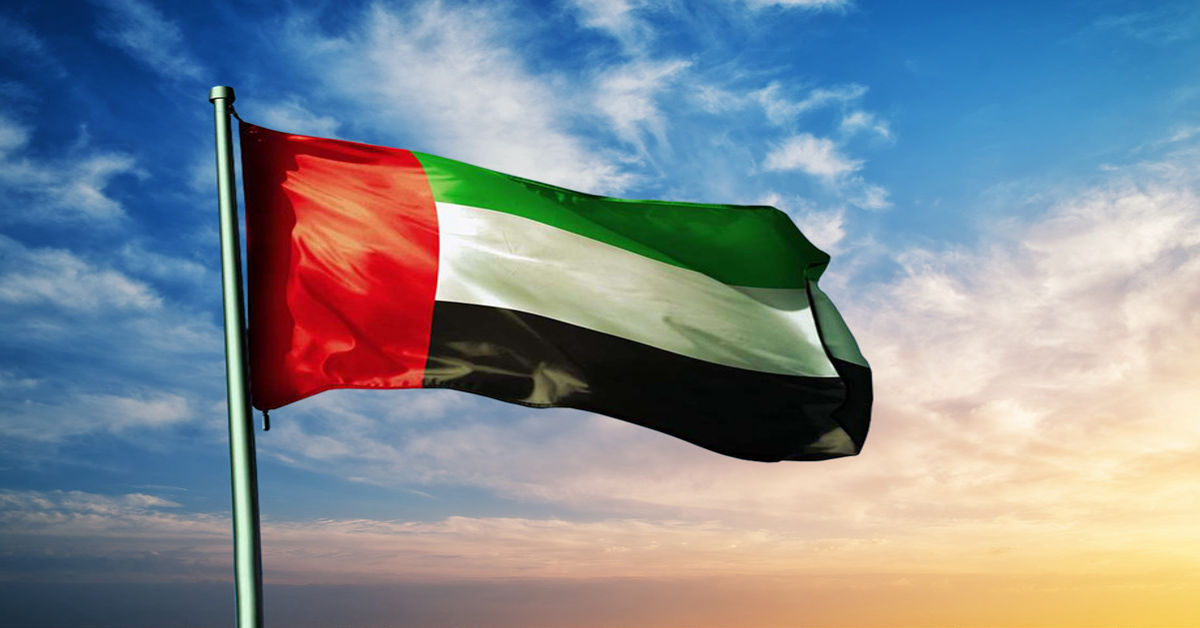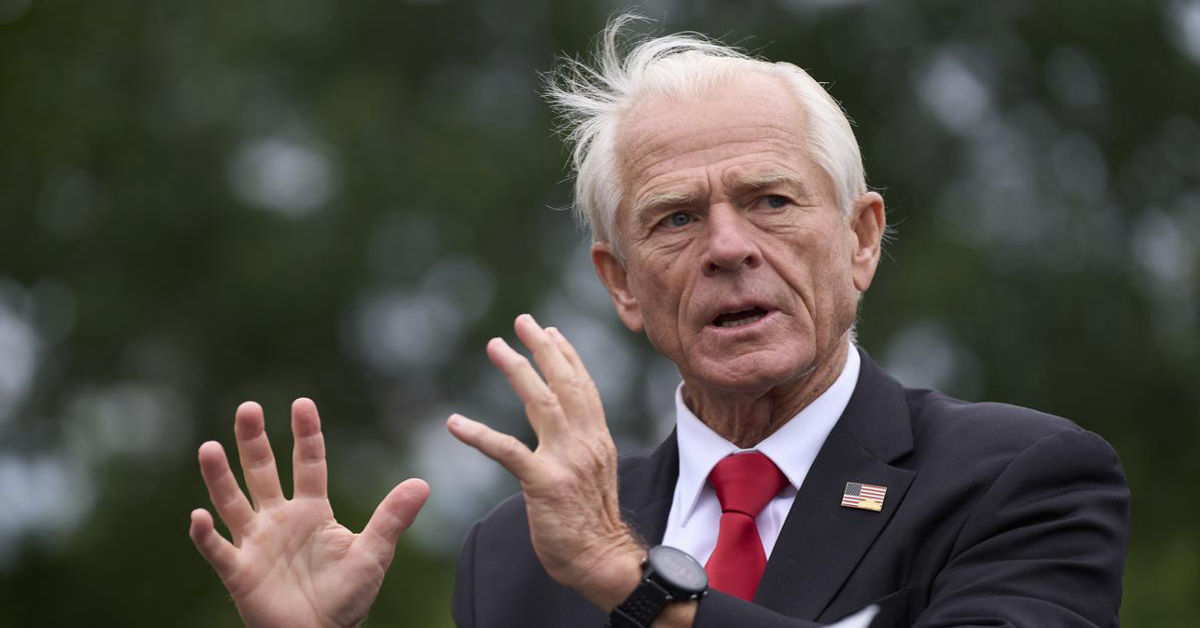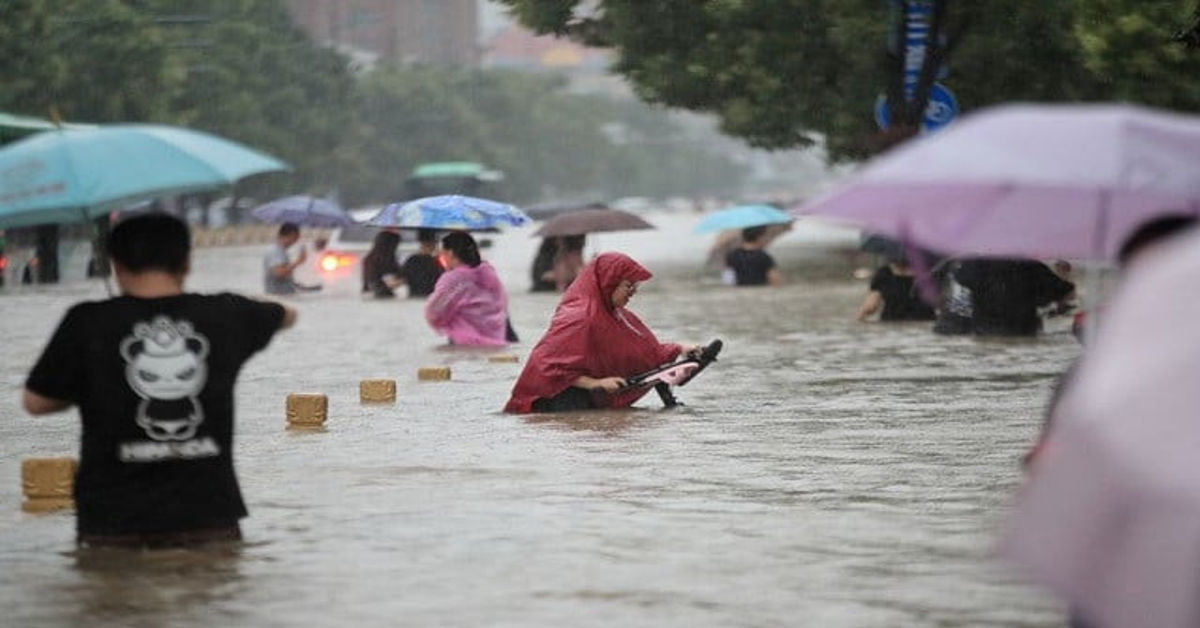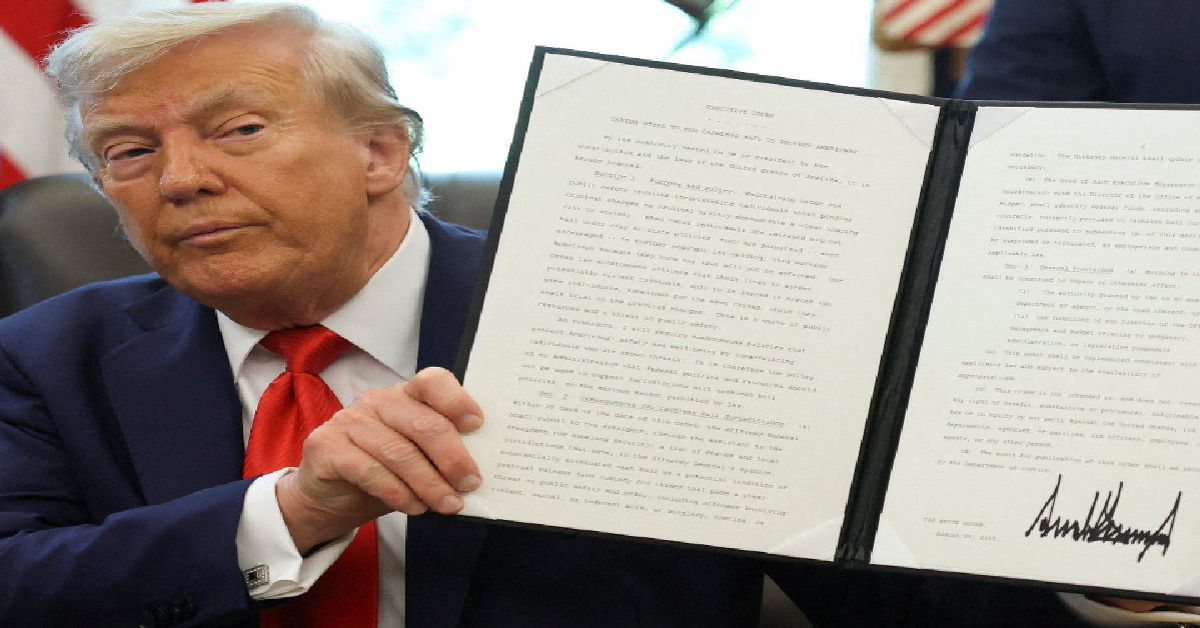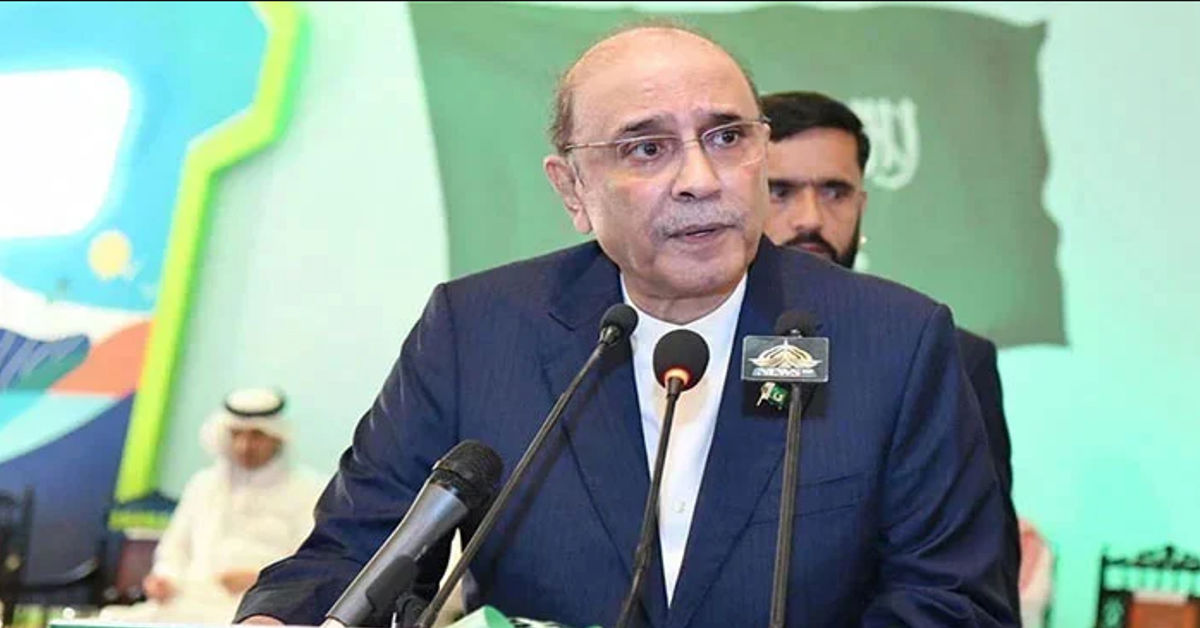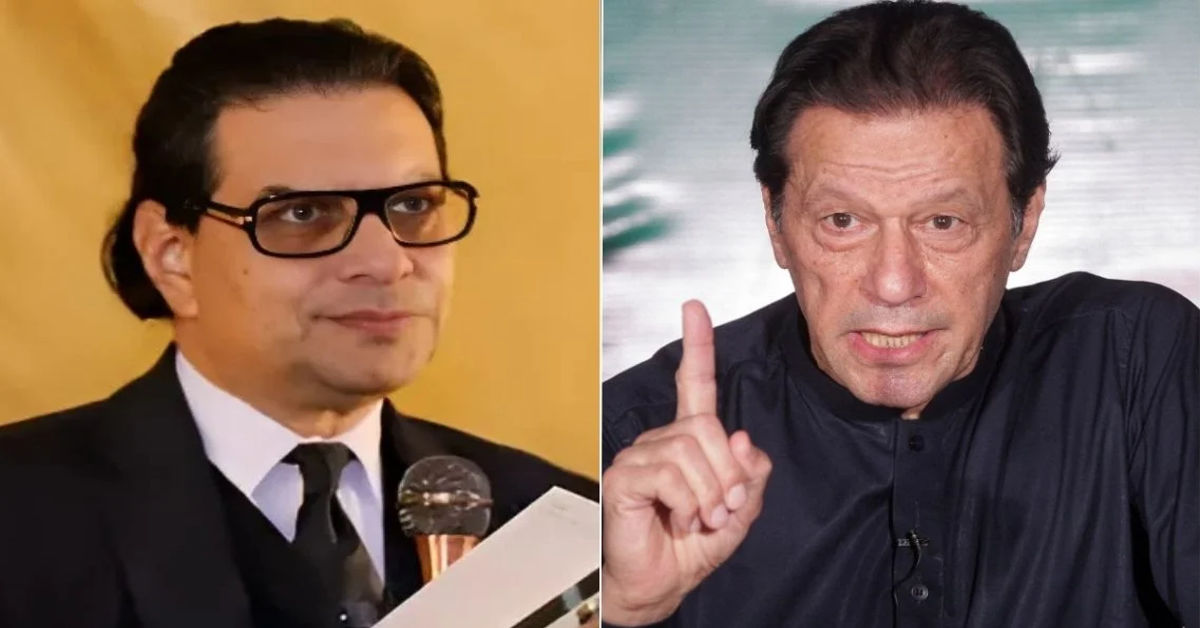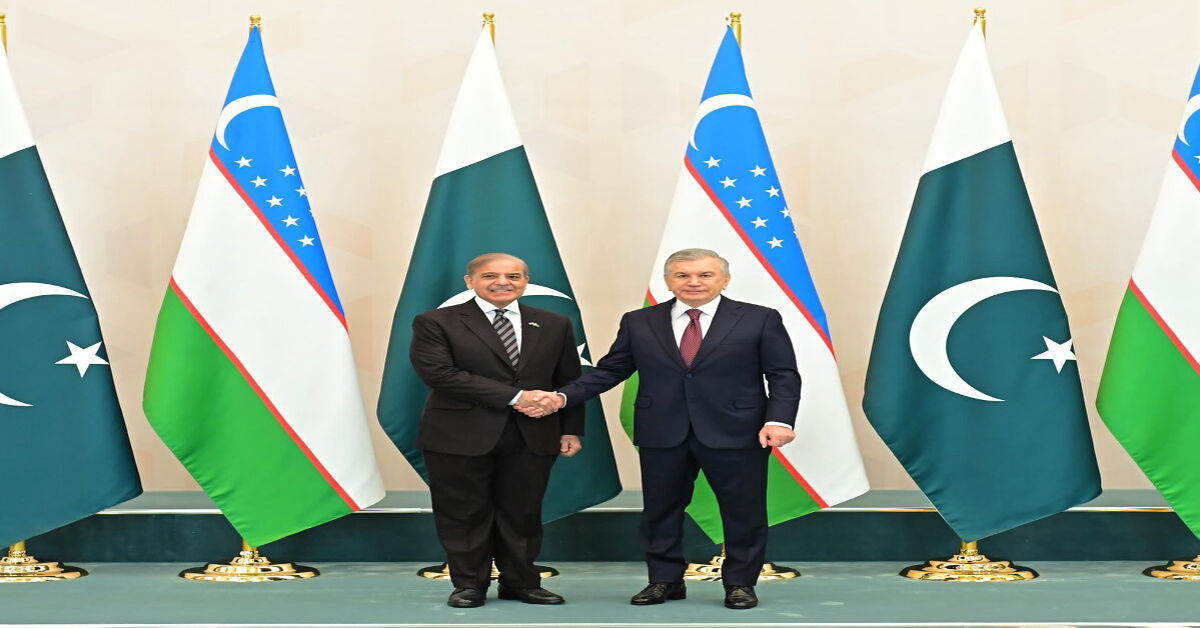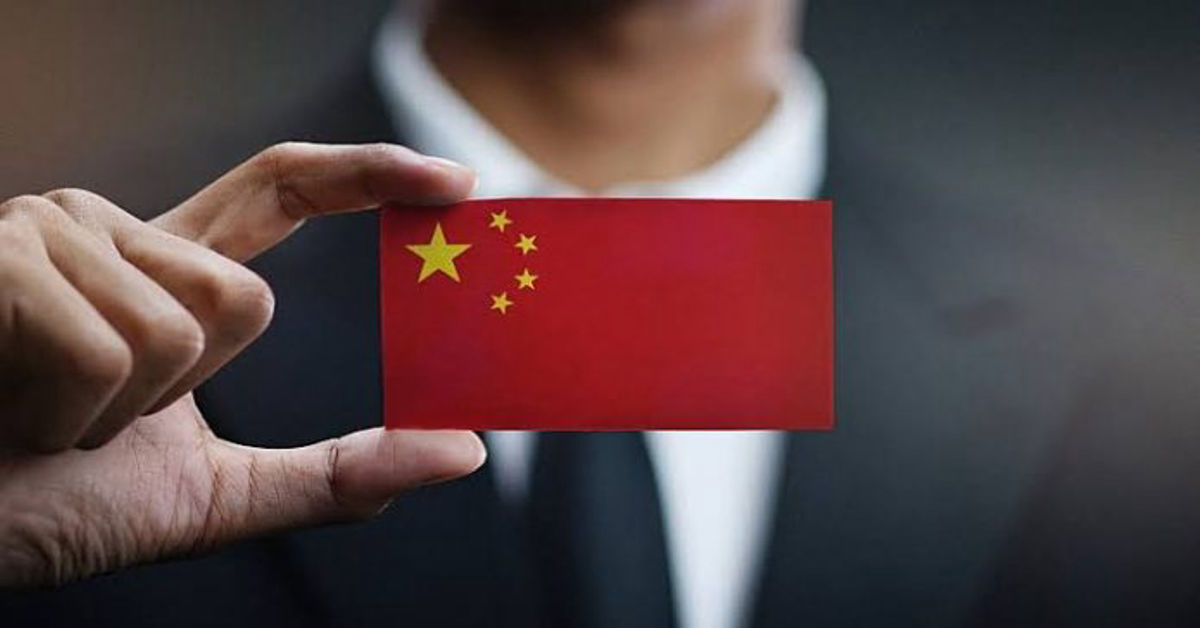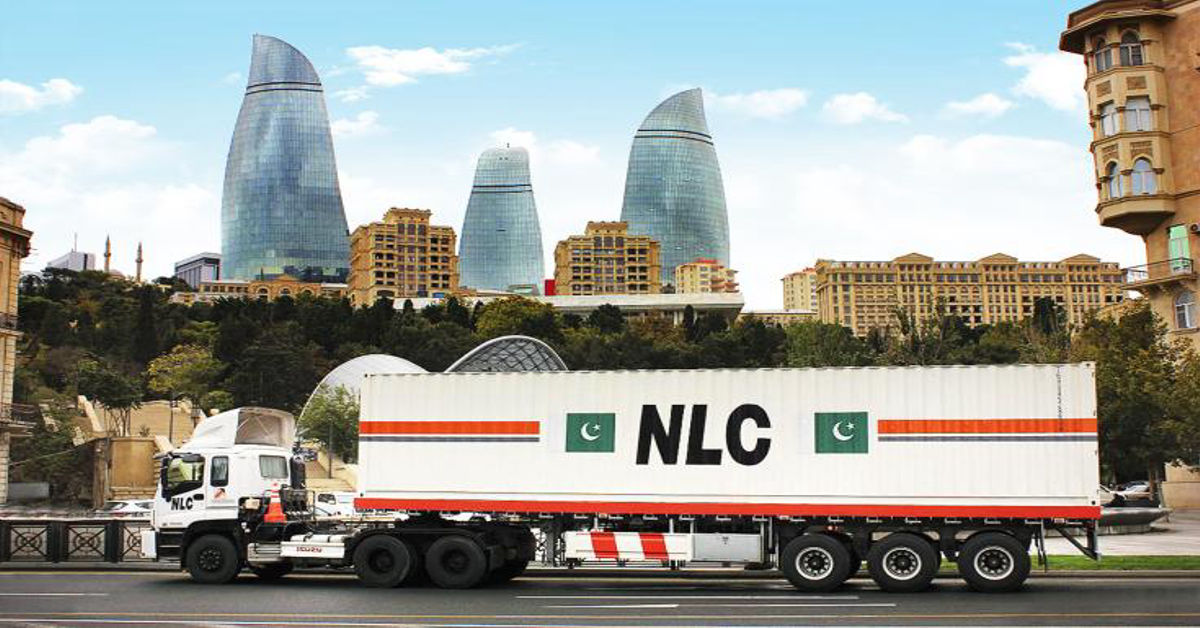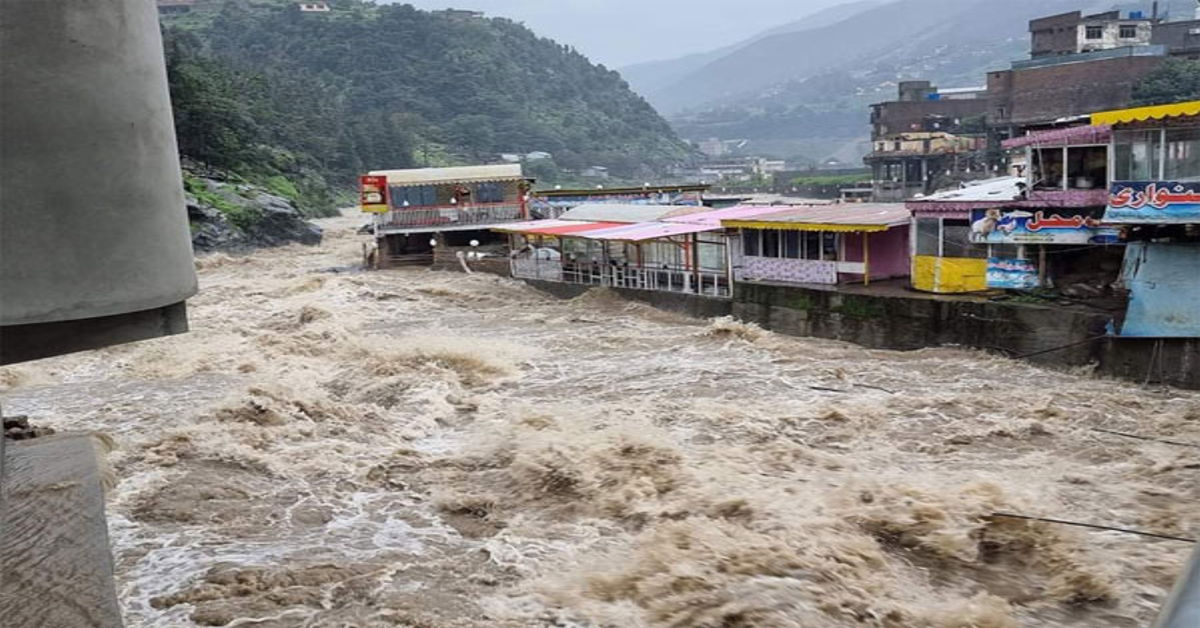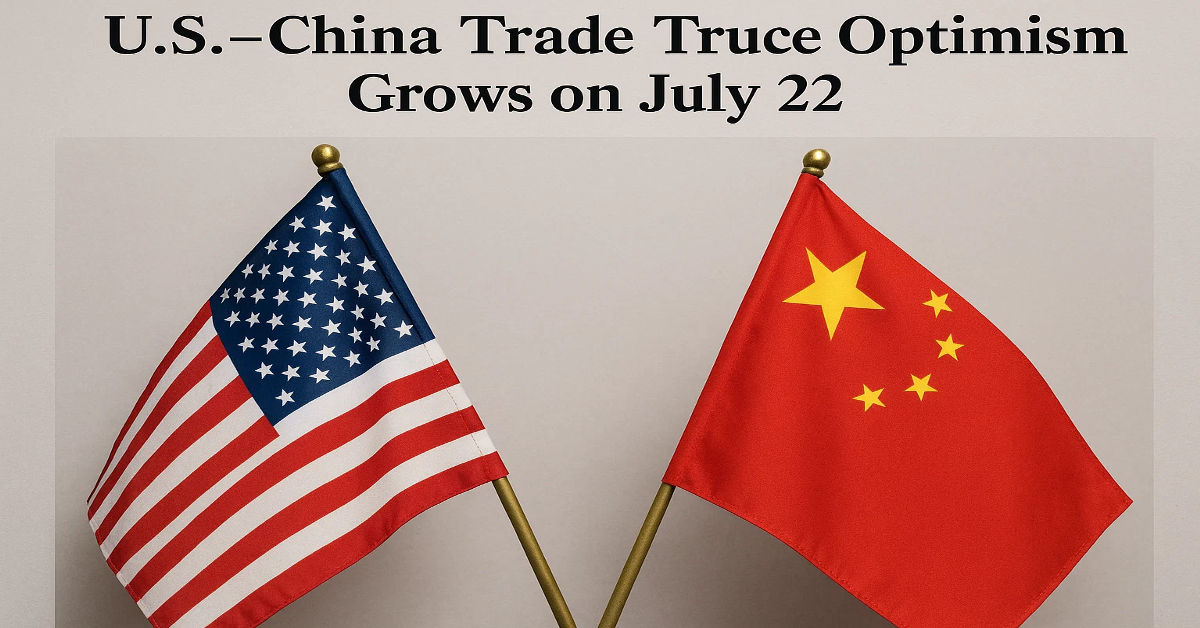
India has decided to continue buying oil from Russia despite US President Donald Trump’s threats of sanctions.
According to a report by the international news agency “Reuters”, two sources in the Indian government informed about this on condition of anonymity due to the sensitivity of the matter. The report quotes Indian government sources as saying that “these are long-term oil contracts, it is not that easy to stop the purchase all at once.”
On Saturday, the New York Times also reported, citing two unidentified senior Indian officials, that there has been no change in the Indian government’s policy. One official said that the government has not issued any instructions to oil companies to reduce oil imports. This week, news also emerged that Indian state-owned refineries stopped buying Russian oil last week, as discounts were reduced in July.
“We are taking into account the opportunities available in the market, the offers and the current global situation for our energy needs,” Indian Foreign Ministry spokesperson Randhir Jaiswal said in a routine briefing. He added that India has a strong and tested partnership with Russia and New Delhi’s relations with other countries are important in their own right and should not be seen in the context of a third country.
Last month, Trump had hinted in a post on Truth Social that India may face further sanctions on its purchase of Russian weapons and oil. On Friday, Trump told reporters that he had heard that India would no longer buy oil from Russia. Russia remains India’s largest supplier of oil, providing about 35 percent of India’s total imports, followed by Iraq, Saudi Arabia and the United Arab Emirates.
According to data provided by sources, India is the world’s third largest importer and consumer of oil, importing about 1.75 million barrels of oil per day from Russia between January and June this year, which is one percent more than last year.
Nayara Energy, a major buyer of Russian oil, recently came under sanctions by the European Union because the refinery is majority-owned by Russian entities, including Russian oil major Rosneft. After the EU sanctions were imposed, Nayara’s chief executive resigned and senior company member Sergei Denisov was appointed as the new CEO.
Nayara Energy’s three oil tankers have not been able to unload their cargo due to the new EU sanctions, as the refinery operates with the backing of Russia.



